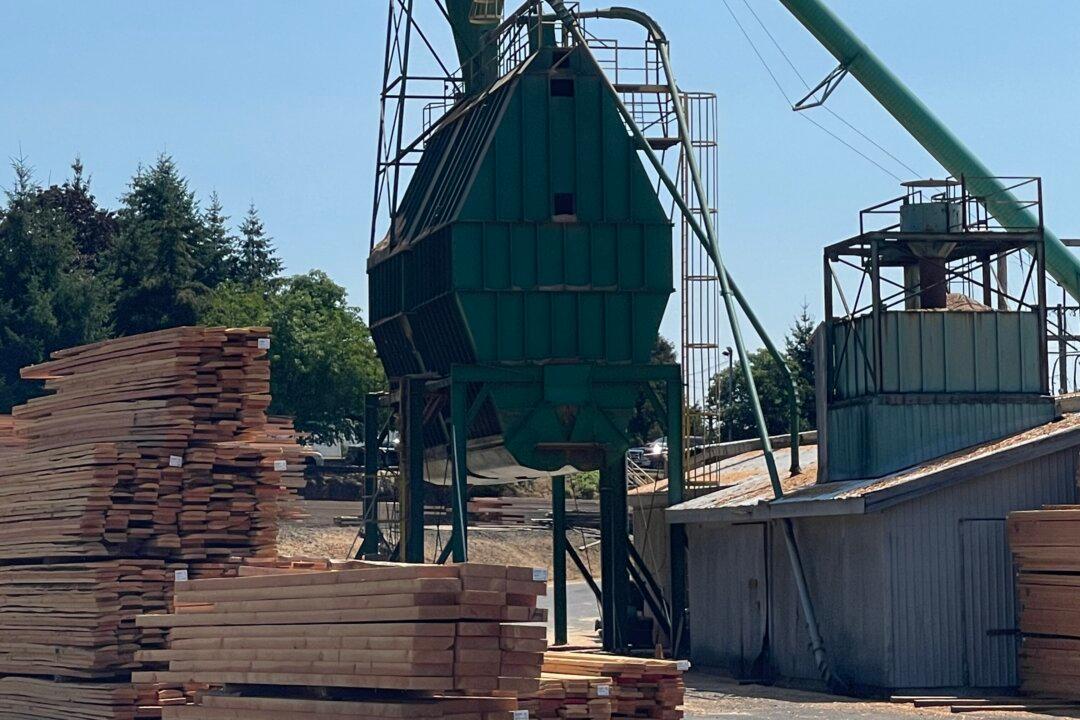Oregon’s once-dominant timber industry is struggling to stay on its feet, after being battered by the fight over protecting the Northern spotted owl in the early 1990s, and now facing increasingly devastating wildfires along with restrictions on harvesting timber on federal land.
Oregon’s timber industry was once the primary engine of the state’s economy, but it has taken a beating for nearly 50 years. In the downward spiral, the United States has become an importer of lumber, which has had far-reaching effects on the state’s economy and wrought unintended consequences on the natural landscape.





